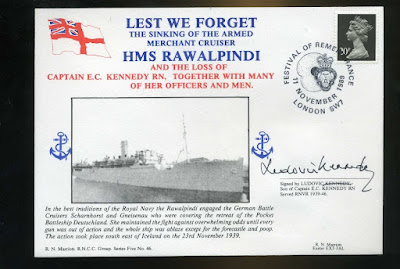The Queen Elizabeth 2 (QE2) was a famous ocean liner that served as a Cunard Line flagship for nearly 40 years. Launched on 20 September 1967, the QE2 became an iconic symbol of luxury travel, crossing the Atlantic Ocean numerous times and undertaking world cruises. It was known for its elegant design and played a significant role in maritime history.
The QE2 was retired from active Cunard service on 27 November 2008, and after changing ownership, it was eventually transformed into a floating hotel in Dubai. The ship's legacy continues to be remembered as a symbol of a bygone era of transatlantic ocean travel.





